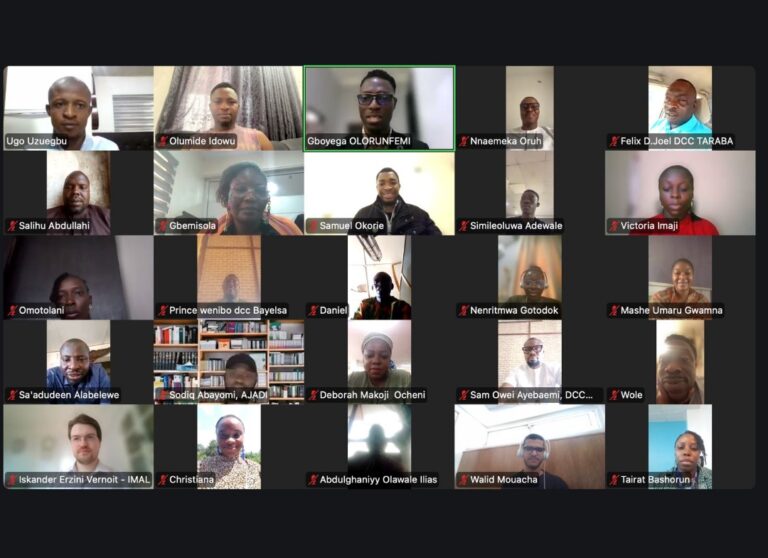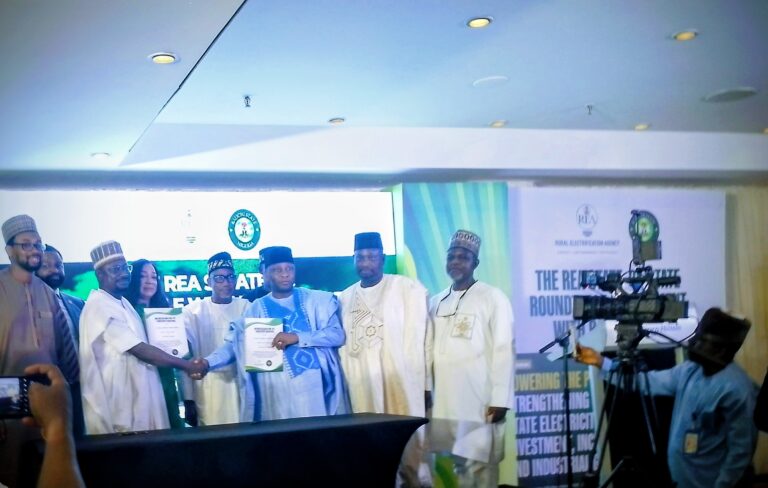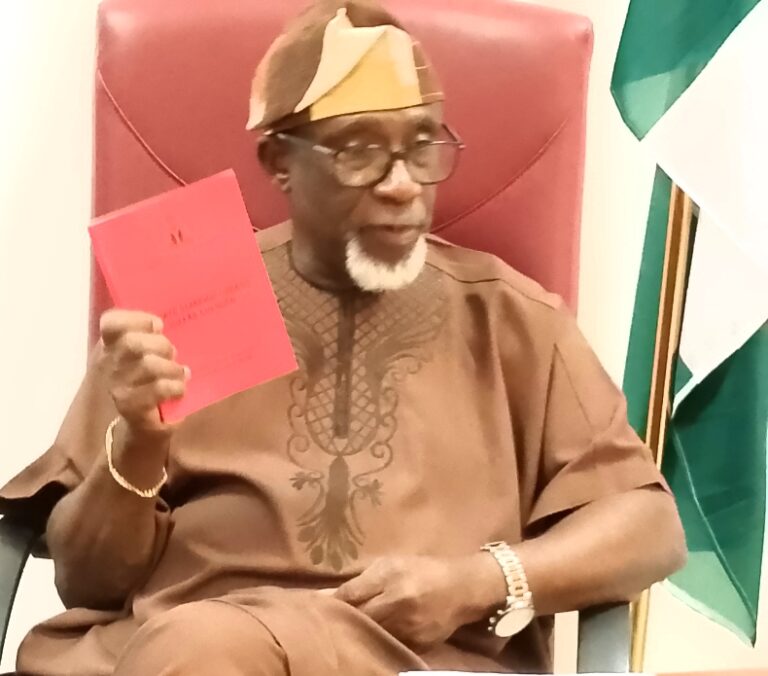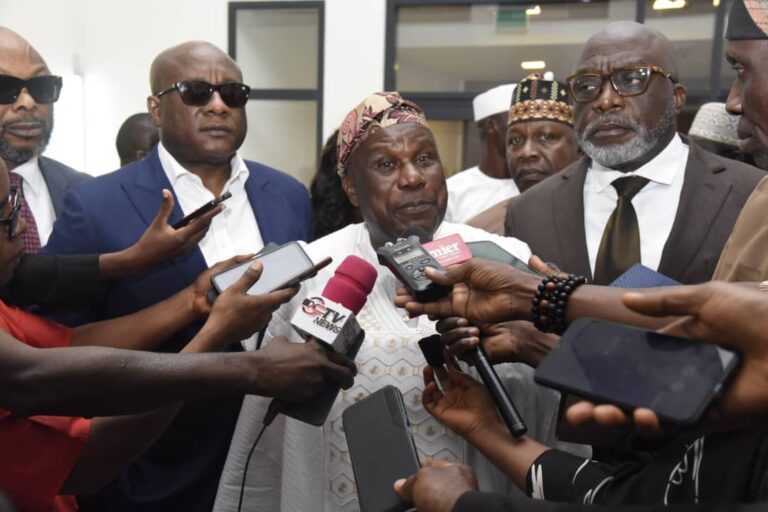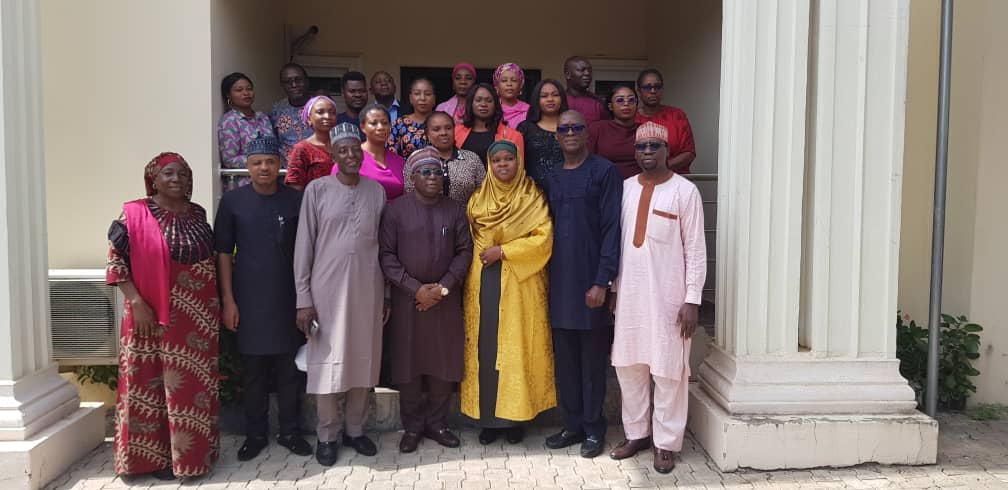
By Fatima Saka
The National Council on Climate Change has collaborated with the Canadian Government to address gender gaps in response to climate change actions in Nigeria.
This was revealed in a day workshop organized by NCCC, and its co-host partners on validation to brainstorm on a draft report on gender-responsive climate action in Nigeria.
The workshop was held with the support of Global Affairs, Canada to evaluate the impact and status of policies, programmes and projects on gender in Nigeria and identify the gaps and areas of improvement.
While declaring the workshop open on Thursday in Abuja , the Director General of the National Council on Climate Change Dr. Salisu Dahiru, thanked the Canadian Government for the partnership, emphasizing that the workshop will not only build capacity for the participants but it will fulfill the United Nations Climate Change requirements for gender inclusiveness.
Dr. Salisu acknowledged the critical role of gender equality in climate action and stressed the need for “massive sensitization, mobilization, education, capacity building, and enhancement” to achieve effective climate action.
He highlighted the unique mandate of the NCCC established under Nigeria’s Climate Change Act, as he underscored the Act’s comprehensive nature, encompassing policies, decisions, regulations, and enforcement rules a rarity even among developed nations. He added.
Expressing gratitude to the Canadian High Commission and other key technical stakeholders, Dr. Dahiru called for a deeper partnership.
On mobilizing additional development projects, even as he seeks Canadian support for new initiatives focused on climate change mitigation and adaptation.
The Director General urged the Canadian government to further invest in Nigeria as President Bola Ahmed Tinubu is ready to remove any potential roadblocks hindering Canadian private sector investment in Nigerian climate change solutions.
Earlier in her remarks, Likezo Karn, First Secretary and Senior Development Officer Development Cooperation Section of the Government of Canada High Commission Canada, highlighted the importance of gender equality in Canada’s international assistance approach.
“Canada’s Feminist International Assistance Policy is based on the strong belief that successful development programs require the equal participation and consideration of all genders,” stated Karn “This includes men, women, boys, and girls.”
Ms. Karn emphasized that gender equality is not just about fairness, but also about effectiveness. “Every development issue from climate change impacts men and women differently,” she explained.
Canada’s development cooperation in Nigeria focuses not only on climate change but on various sectors, including sustainable economic growth, health, and gender equality.
Ms. Karn expressed my Canada’s pride in partnering with the National Council on Climate Change to ensure gender equality is integrated
The workshop signifies Nigeria’s commitment to a comprehensive and inclusive approach to climate change, seeking international partnerships to achieve its goals.
Similarly, Hajiya Halima Bawa- Bwari, Director, Agriculture, Environment and Water, Presented a paper on the
Overview of the Gender Action Plan and its Implementation Strategy,
In attendance were representatives of various Ministries Departments and Agencies as well as key technical stakeholders.

